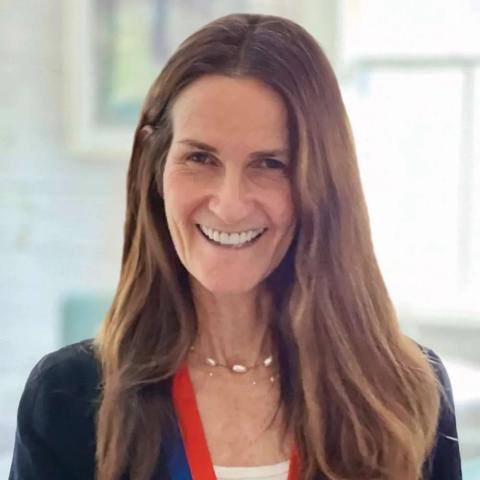
Wendy McWeeny
Biography
Wendy Berry McWeeny has spent over two decades working at the intersection of philanthropy and public health, bridging the global and local, and championing the shift from individual and charity-based versions of philanthropy to systems-based approaches in service of the public good. She is Co-Director of the Community Health Acceleration Partnership (CHAP).
For over twenty years Wendy held a senior philanthropic and advisory role at the MCJ Amelior Foundation, the family foundation of Ray Chambers, U.N. and WHO Special Envoy and founder of Wesray Capital. Her first few years were spent on projects in Newark, NJ. She then helped to build the foundation’s global health portfolio, which included launching two non-profits: Millennium Promise, started with economist and UN advisor Jeffrey Sachs to support the UN efforts to reach the Millennium Development Goals, and Malaria No More, an organization with the initial mission of providing universal access to insecticide treated bed nets and ending the 1 million deaths attributable to this preventable disease.
Wendy left MCJ Amelior to focus on translating the lessons learned from the global work to domestic health efforts. In 2018 she joined the CHAP team, focusing the organization’s work on strengthening community-based workforces and improving maternal health outcomes through sustainable financing pathways. The organization is working to catalyze more philanthropic partners to act in concert with government—ensuring community leaders and organizations have the support they need to both deliver services now and plan for how their work will be integrated into a larger, sustained system.
Wendy was born, raised and educated in New Jersey. She holds a BA in English and African-American Studies from Princeton University and a MPA from the School for Public and International Affairs at Princeton. She is the mother of four and currently resides in Williamstown, MA.

